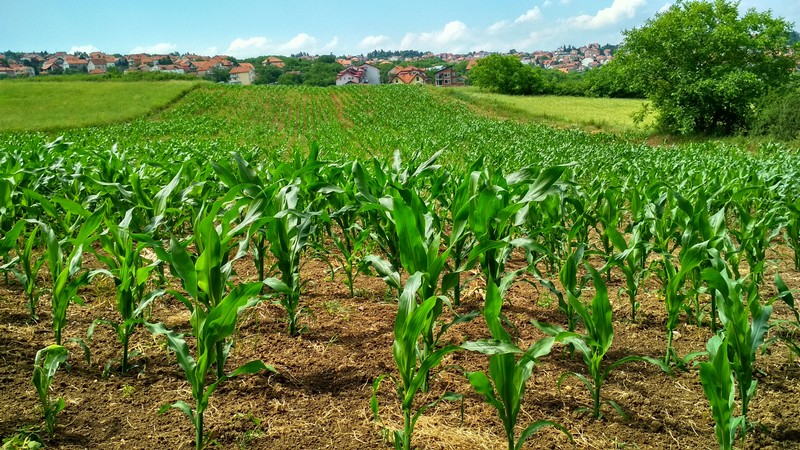Americans today are currently living through the longest megadrought in over a thousand years. This drought started in 2000 and is still going to this day. The only other drought that we know of to be worse than the one going on today was in the late 1500s. In 2021, Lakes Mead and Powell, two of the United States’ largest water reservoirs, reached record-level lows.
Many people may not remember a time before this drought, but many others do. It can make one wonder what they can do to conserve more water in their own gardens and crop fields. Read on to learn some ways to mitigate your water usage when taking care of your plants.
One thing that farmers can do is to take into account what they are planting in especially tough years, as well as how they are planting it. Some plants require less water than others. One technique used by almond farmers in California was to grow their crop in places with access to ground water in addition to surface water. This allowed the plants to pull moisture from the ground when it wasn’t as available above.
Farmers can also invest in high-quality irrigation equipment, such as drip irrigation or Low Energy Precision Application sprinklers. Such tools can reduce the amount of water that is lost to evaporation and can be more accurate in where the water lands, making sure none is waster.
Another mitigation technique is to reduce or eliminate tilling of the soil. If we think of the pores in the soil as pipes that can transfer water to plants, it is easy to see how tilling can disrupt natural water flow. When soil is tilled, it breaks up the larger pores, filling them with eroded soil and clogging them up. Tillage can also cause higher rates of evaporation in the soil.
In order to retain more moisture in their soil, farmers can add Calcium Sulfate Dihydrate. This will help to lessen the amount of water needed, as the soil can hold more at a time. Calcium Sulfate Dihydrate also adds good minerals to the soil, resulting in higher quality crops. If you would like to learn more about the benefits of Calcium Sulfate Dihydrate, go to www.eco-gem.com or call us at (303) 500-6944.

